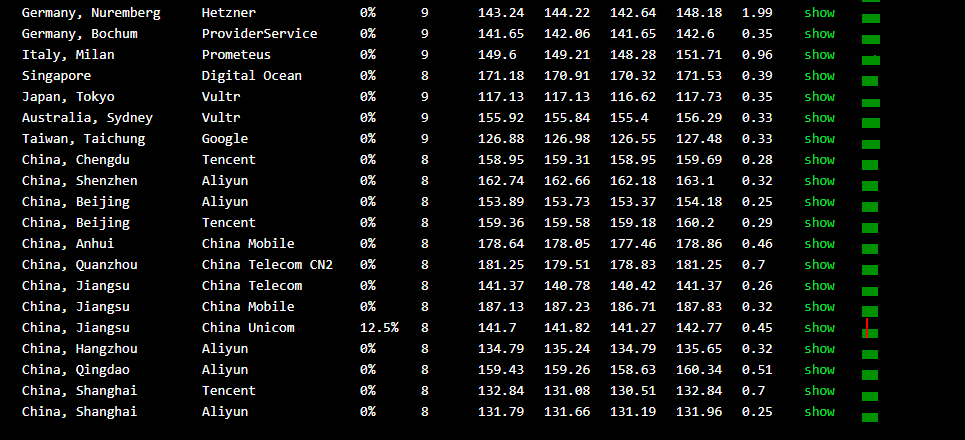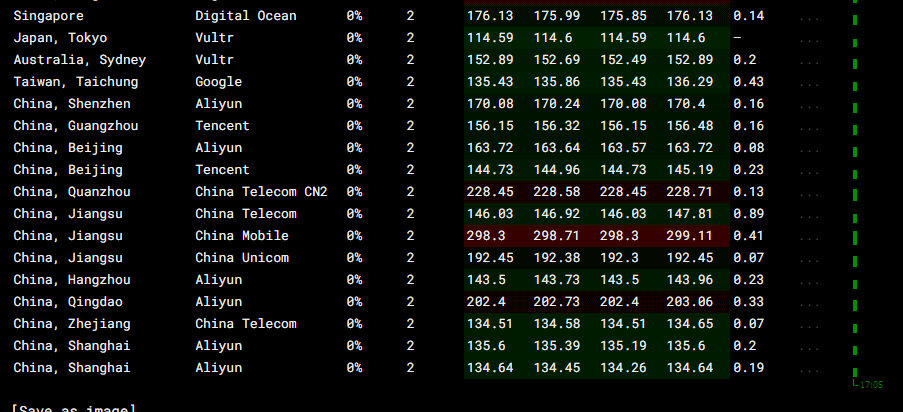大家好,又见面了,我是你们的朋友全栈君。
物理分页Mybatis插件原理分析(三)分页插件
Mybatis提供了一个简单的逻辑分页使用类RowBounds(物理分页当然就是我们在sql语句中指定limit和offset值),在DefaultSqlSession提供的某些查询接口中我们可以看到RowBounds是作为参数用来进行分页的,如下接口:
public <E> List<E> selectList(String statement, Object parameter, RowBounds rowBounds)RowBounds源码如下:
public class RowBounds {
/* 默认offset是0**/
public static final int NO_ROW_OFFSET = 0;
/* 默认Limit是int的最大值,因此它使用的是逻辑分页**/
public static final int NO_ROW_LIMIT = Integer.MAX_VALUE;
public static final RowBounds DEFAULT = new RowBounds();
private int offset;
private int limit;
public RowBounds() {
this.offset = NO_ROW_OFFSET;
this.limit = NO_ROW_LIMIT;
}
public RowBounds(int offset, int limit) {
this.offset = offset;
this.limit = limit;
}
public int getOffset() {
return offset;
}
public int getLimit() {
return limit;
}
}逻辑分页的实现原理:
在DefaultResultSetHandler中,逻辑分页会将所有的结果都查询到,然后根据RowBounds中提供的offset和limit值来获取最后的结果,DefaultResultSetHandler实现如下:
private void handleRowValuesForSimpleResultMap(ResultSetWrapper rsw, ResultMap resultMap, ResultHandler<?> resultHandler, RowBounds rowBounds, ResultMapping parentMapping)
throws SQLException {
DefaultResultContext<Object> resultContext = new DefaultResultContext<Object>();
//跳过RowBounds设置的offset值
skipRows(rsw.getResultSet(), rowBounds);
//判断数据是否小于limit,如果小于limit的话就不断的循环取值
while (shouldProcessMoreRows(resultContext, rowBounds) && rsw.getResultSet().next()) {
ResultMap discriminatedResultMap = resolveDiscriminatedResultMap(rsw.getResultSet(), resultMap, null);
Object rowValue = getRowValue(rsw, discriminatedResultMap);
storeObject(resultHandler, resultContext, rowValue, parentMapping, rsw.getResultSet());
}
}
private boolean shouldProcessMoreRows(ResultContext<?> context, RowBounds rowBounds) throws SQLException {
//判断数据是否小于limit,小于返回true
return !context.isStopped() && context.getResultCount() < rowBounds.getLimit();
}
//跳过不需要的行,应该就是rowbounds设置的limit和offset
private void skipRows(ResultSet rs, RowBounds rowBounds) throws SQLException {
if (rs.getType() != ResultSet.TYPE_FORWARD_ONLY) {
if (rowBounds.getOffset() != RowBounds.NO_ROW_OFFSET) {
rs.absolute(rowBounds.getOffset());
}
} else {
//跳过RowBounds中设置的offset条数据
for (int i = 0; i < rowBounds.getOffset(); i++) {
rs.next();
}
}
}总结:Mybatis的逻辑分页比较简单,简单来说就是取出所有满足条件的数据,然后舍弃掉前面offset条数据,然后再取剩下的数据的limit条
版权声明:本文内容由互联网用户自发贡献,该文观点仅代表作者本人。本站仅提供信息存储空间服务,不拥有所有权,不承担相关法律责任。如发现本站有涉嫌侵权/违法违规的内容, 请发送邮件至 举报,一经查实,本站将立刻删除。
发布者:全栈程序员栈长,转载请注明出处:https://javaforall.cn/190500.html原文链接:https://javaforall.cn
未经允许不得转载:木盒主机 » mybatis的逻辑分页和物理分页_mybatis分页原理

 木盒主机
木盒主机 搬瓦工VPS最新优惠码 搬瓦工最高优惠6.81%优惠码 promo coupon code
搬瓦工VPS最新优惠码 搬瓦工最高优惠6.81%优惠码 promo coupon code  RackNerd:美国VPS 黑五优惠折扣 1核768RAM $10.28/年+神秘盒子 可随机减免金额
RackNerd:美国VPS 黑五优惠折扣 1核768RAM $10.28/年+神秘盒子 可随机减免金额 10G.BIZ【年终钜惠】美国/日本/韩国/香港独立服务器 秒杀仅24起,站群仅需99,三网CN2GIA五折抢购。CERA洛杉矶云服务器仅2.4起
10G.BIZ【年终钜惠】美国/日本/韩国/香港独立服务器 秒杀仅24起,站群仅需99,三网CN2GIA五折抢购。CERA洛杉矶云服务器仅2.4起 2022年RackNerd 美国VPS促销:4TB月流量11.88美元/年,支持支付宝,老优惠$9.89美元/年
2022年RackNerd 美国VPS促销:4TB月流量11.88美元/年,支持支付宝,老优惠$9.89美元/年